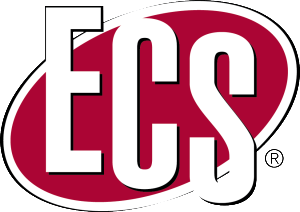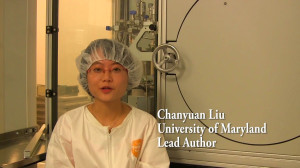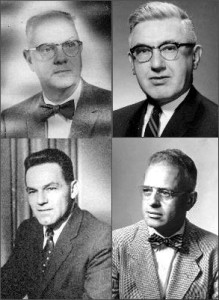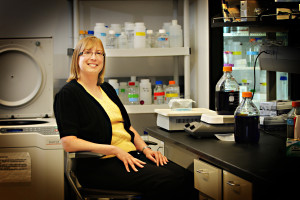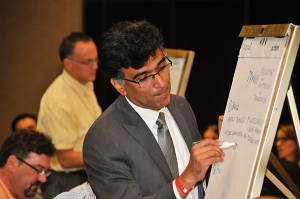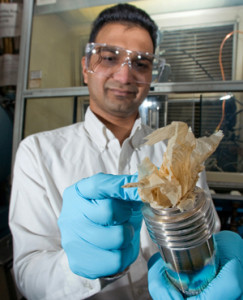
Vilas Pol has assisted in the discovery of a nanoparticle network that could bring fast-charging batteries. He joined the Society in 2012.
Credit: Argonne National Laboratory
The Electrochemical Society’s Vilas Pol, along with a team of Purdue University researchers, has developed a nanoparticle network that could produce very fast-charging batteries.
This new electrode design for lithium-ion batteries has been shown to potentially reduce the charging time from hours to minutes, all by replacing the conventional graphite electrode with a network of tin-oxide nanoparticles.
This from Purdue University:
The researchers have performed experiments with a “porous interconnected” tin-oxide based anode, which has nearly twice the theoretical charging capacity of graphite. The researchers demonstrated that the experimental anode can be charged in 30 minutes and still have a capacity of 430 milliamp hours per gram (mAh g−1), which is greater than the theoretical maximum capacity for graphite when charged slowly over 10 hours.



